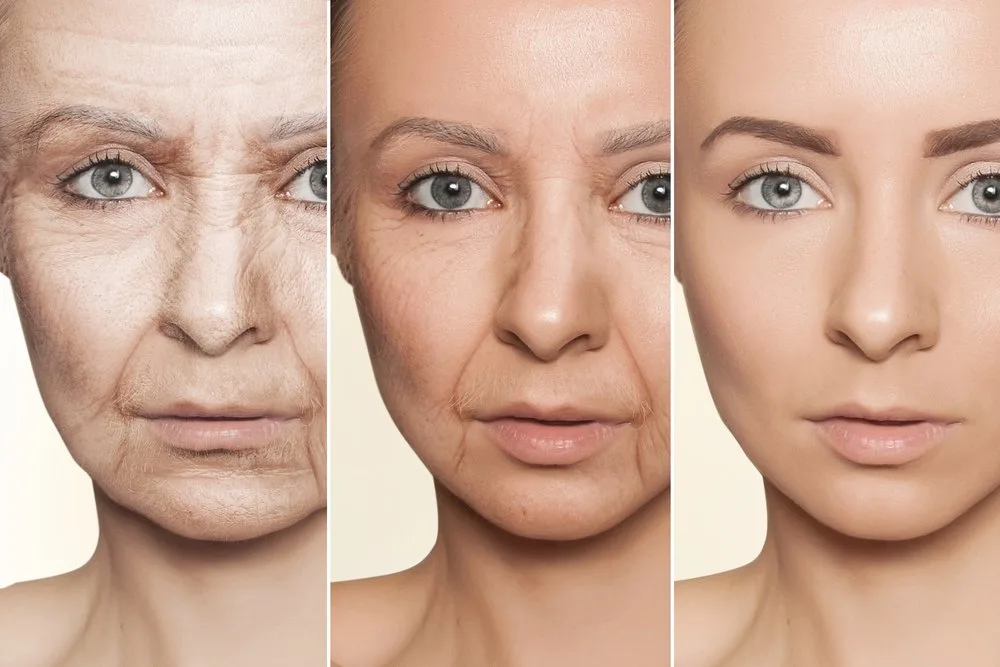Aging is an inevitable experience, but it’s not always a welcome one. Unfortunately, with aging comes an increased risk of age-related conditions, like Alzheimer’s. To combat this, researchers are looking into strategies that encourage healthy aging. One of these includes the use of senolytics.
What are Senolytics?
As we age, our cells age with us. Once they’re no longer able to function, they’re meant to die off through a process called apoptosis, which also helps to welcome new and healthier cells. Unfortunately, some factors may prevent apoptosis. This leads to the accumulation of these dead and non-functioning cells.
Referred to as “zombie cells”(senescent cells), these cells secrete compounds called senescence-associated secretory phenotype (SASP) that then affect the surrounding healthy cells. The accumulation of senescent cells is associated with premature aging, but it’s also linked to age-related disorders that include:
- Cancer
- Stroke
- Diabetes
- Obesity
- Vision loss
- Neurodegenerative disorders
- Osteoarthritis
The removal of senescent cells improves health and prevents premature aging. This is where senolytics come in. Senolytics work by removing senescent cells from the body. This may help to treat, prevent, and even manage several age-related conditions.
Types and Benefits of Senolytics
As mentioned, senolytics help to clear out zombie cells and the following compounds exhibit senolytic behaviour:
1. Fisetin
According to a study published in EBioMedicine, fisetin is considered to be one of the most powerful natural senolytics.
The flavonoid can be found in strawberries, apples, persimmons, grapes, and onions. Fisetin has been found to eliminate senescent cells without harming healthy human cells.
Studies have also indicated its anti-aging and longevity-boosting capabilities. In the study published in EBioMedicine, fisetin was found to increase the lifespan in mice by 10% longer. The mice also experienced fewer age-related issues than the control group, even at an older age.
2. Quercetin
Found in grapes, red wine, apples, and tea, quercetin is a compound that has been identified as a senolytic.
An in-vitro study published in Scientific Reports found that quercetin may help to reduce senescence.
Additionally, researchers have found that as a senolytic, quercetin works even better when it’s coupled with the chemotherapy drug, dasatinib.
3. Dasatinib
A chemotherapy drug that works as a cancer growth blocker, dasatinib may not seem like a senolytic. Yet when used in combination with quercetin, it may induce some longevity benefits.
A study published in EBioMedicine suggested that the combination of quercetin and dasatinib worked to reduce senescent cells.
4. Apigenin
Found in parsley, celery, and lettuce, apigenin is a flavonoid that may help to combat senescent cells.
Senescence-associated secretory phenotype (SASP) are compounds secreted by senescent cells. According to research, apigenin inhibited SASP.
Are senolytics the future of anti-aging drugs?
Senolytics do possess anti-aging and longevity-boosting benefits. However, much of the research is either in-vitro or animal studies. So, as human trials are being undertaken, it is going to be a while before senolytic drugs will be available on shelves.
Now, while we wait for their availability, it seems that there are already anti-aging drugs available on shelves. The longevity drugs we’re seeking out may already be available from your local pharmacy.
MAIN IMAGE CREDIT: transurfer/shutterstock
References
Hickson, L. J., Langhi Prata, L. G. P., Bobart, S. A., Evans, T. K., et al. (2019). Senolytics decrease senescent cells in humans: Preliminary report from a clinical trial of Dasatinib plus Quercetin in individuals with diabetic kidney disease. EBioMedicine, 47, 446–456. https://doi.org/10.1016/j.ebiom.2019.08.069
Perrott, K. M., Wiley, C. D., Desprez, P. Y., & Campisi, J. (2017). Apigenin suppresses the senescence-associated secretory phenotype and paracrine effects on breast cancer cells. GeroScience, 39(2), 161–173. https://doi.org/10.1007/s11357-017-9970-1
Yousefzadeh, M. J., Zhu, Y., McGowan, S. J., Angelini, L., et al. (2018). Fisetin is a senotherapeutic that extends health and lifespan. EBioMedicine, 36, 18–28. https://doi.org/10.1016/j.ebiom.2018.09.015
Zhu, Y., Doornebal, E. J., Pirtskhalava, T., Giorgadze, N., et al. (2017). New agents that target senescent cells: the flavone, fisetin, and the BCL-XL inhibitors, A1331852 and A1155463. Aging, 9(3), 955–963. https://doi.org/10.18632/aging.101202
Zoico, E., Nori, N., Darra, E., Tebon, M., et al. (2021). Senolytic effects of quercetin in an in vitro model of pre-adipocytes and adipocytes induced senescence. Scientific reports, 11(1), 23237. https://doi.org/10.1038/s41598-021-02544-0





![women [longevity live]](https://longevitylive.com/wp-content/uploads/2020/01/photo-of-women-walking-down-the-street-1116984-100x100.jpg)









